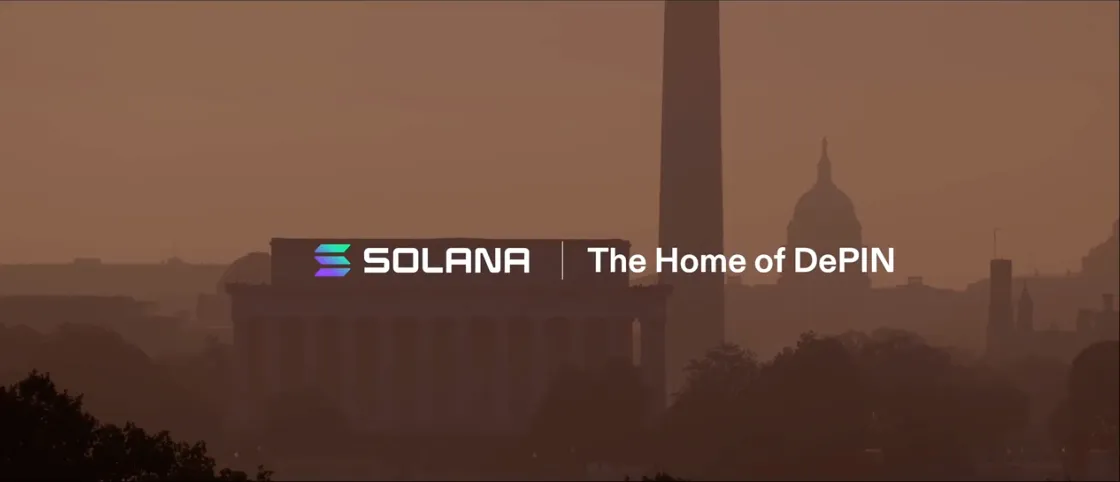In a significant move towards integrating decentralized technologies into mainstream policy discussions, GEODNET, a leading project in the Decentralized Physical Infrastructure Networks (DePIN) space, recently made waves on Capitol Hill. This event, highlighted in a tweet by GEODNET on July 14, 2025, underscores the growing influence of DePIN projects in shaping future infrastructure and policy landscapes.
The Capitol Hill Engagement
GEODNET's presence on Capitol Hill was part of a broader initiative involving fellow DePIN builders and Solana, aiming to demonstrate the tangible impacts of decentralized infrastructure. The tweet, which quotes Solana's thread, emphasizes the phrase, “If you’re not at the table, you’re on the menu,” a stark reminder of the importance of being part of the conversation in policy-making circles.
Real-World Applications of DePIN
GEODNET's showcase focused on several key areas where decentralized infrastructure is making a difference:
- Precision Farming: By leveraging GEODNET's technology, small farmers gain access to high-precision GPS data, enabling them to compete globally. This is achieved through real-time kinematic (RTK) data, which provides centimeter-level accuracy at a fraction of the cost of traditional systems.
- Global RTK Coverage: GEODNET's network ensures widespread RTK coverage, crucial for applications like autonomous vehicles and drones, which require precise location data to operate efficiently.
- Token Incentives: The project operates on a model where contributors are rewarded with GEOD tokens, fostering a community-driven approach to infrastructure development.
The Broader Implications
This engagement with policymakers is not just about showcasing technology; it's about educating and influencing. As noted in the tweet, GEODNET and other DePIN projects are part of a larger movement to decentralize essential infrastructure, traditionally dominated by large corporations. This shift promises more options and innovation for communities, potentially leading to better services and reduced costs.
Why This Matters
The involvement of DePIN projects like GEODNET in policy discussions is a critical step towards mainstream adoption. It highlights the potential of blockchain technology to solve real-world problems, from improving agricultural practices to enhancing transportation systems. For blockchain practitioners and enthusiasts, understanding these developments is crucial, as they represent the frontier of how decentralized technologies can intersect with everyday life.
Looking Ahead
As Congress continues to grapple with regulatory frameworks for emerging technologies, the presence of projects like GEODNET on Capitol Hill is a testament to the maturing ecosystem of DePIN. It's a reminder that the future of infrastructure might well be decentralized, powered by the collective efforts of communities rather than centralized entities.
For those interested in the deeper technical aspects, GEODNET's website offers a wealth of information on how their decentralized location layer for robotics is being built. Meanwhile, DePIN Scan provides insights into the broader DePIN landscape, including other projects on Solana that are pushing the boundaries of decentralized infrastructure.
This event is a pivotal moment for the DePIN space, illustrating not just the technological advancements but also the strategic importance of engaging with policymakers to ensure that decentralized solutions are part of the future infrastructure narrative.


